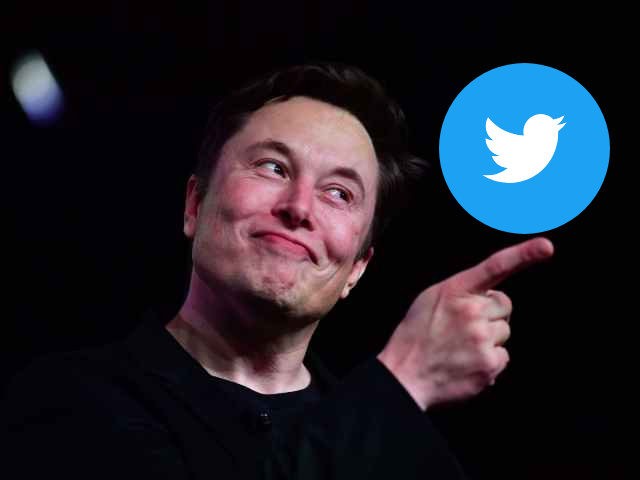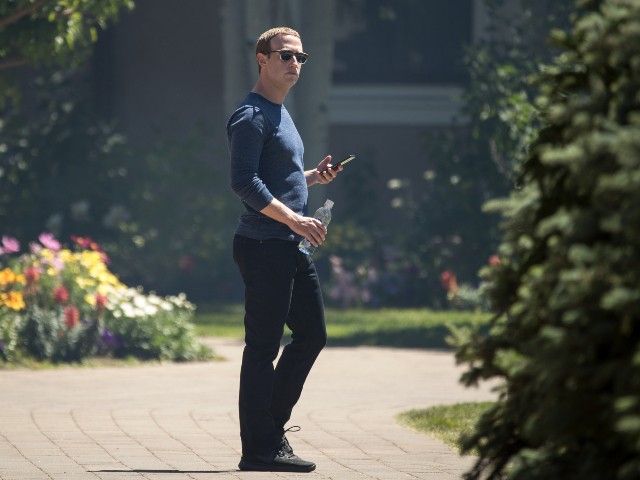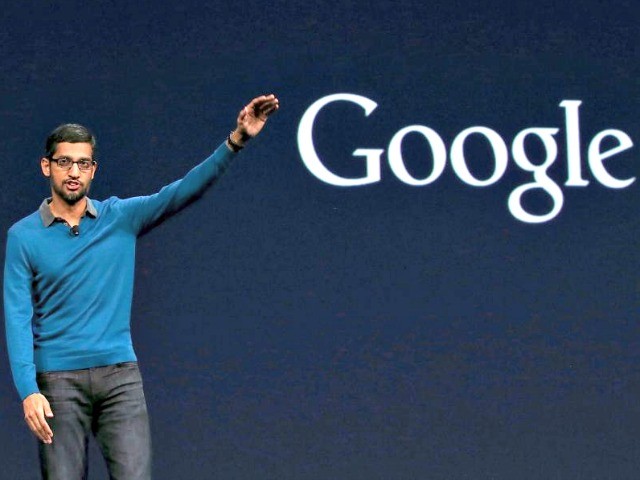FCC Commissioner Nathan Simington, one of the last officials appointed to the federal government by President Donald Trump, slammed calls for the FCC to intervene in Elon Musk’s deal to take Twitter private, condemning demands to prevent the return of free speech to the platform as unconstitutional and un-American.
In his lengthy comment, which was issued following calls by the Open Markets Institute and other left-wing advocacy groups for the FCC to use its power against Musk, Simington also said that the standardization of content moderation policies across Big Tech platforms has harmed competition and consumers.
Simington praised Musk’s stated intention of taking Twitter’s content moderation in a different direction, a move that the FCC commissioner said could “bring greater diversity to the social media experience.”
“Mr. Musk’s acquisition does not raise any concerns about vertical or horizontal concentration in the social media market, and there is no reason to think it would otherwise limit competition or harm consumer welfare,” said Simington.
“In fact, antitrust regulators should welcome this purchase. In recent years, consumer choice and freedom have suffered due to the restrictive, and often politically motivated, content moderation practices adopted across all major social media platforms. If Mr. Musk follows through on his stated intention to ease Twitter’s restrictions on speech, he would almost certainly enhance competition and better serve those Americans, the majority, who value free speech.”
Both Republican members of the commission are united in ridiculing leftist demands to intervene. FCC Commissioner Brendan Carr has also denounced calls to block Musk’s Twitter purchase, calling the complaints of left-wing advocacy groups “frivolous.”
“Also unpersuasive are selective concerns about concentration of ownership,” continued Simington in his statement, which can be read in full here. “Nothing about Mr. Musk becoming the sole owner of Twitter would be out of step with the ownership structures of other social media platforms or, for that matter, media companies generally.”
“Google, YouTube, Facebook, the Washington Post, and the New York Times are each owned or controlled by one or two people or a single family. Vertical integration is also widespread, and there are numerous examples of common ownership and control of broadband internet access service and online services like search engines, streaming platforms, and news websites. Concerns about Mr. Musk controlling both Twitter and Starlink—a broadband provider currently serving less than one percent of Americans—cannot be taken seriously.”
Simington went on to say that government officials should recognize the standardization of censorious content moderation policies as harmful to consumers, and take appropriate action.
“The FCC cannot, and should not, block this sale. We should instead applaud Mr. Musk for doing something about a serious problem that government has so far failed to address,” said Simington. “I encourage my colleagues across the government to investigate the market failures and perverse incentives that caused big tech companies to standardize around censorious and slanted content policies in the first place.”
The FCC commissioner concluded with scathing remarks about people calling on the government to block Musk’s purchase in order to frustrate the billionaire’s free speech ambitions, calling such demands “blatantly illegal.”
“I am particularly troubled by arguments that the federal government must act with the purpose of stopping Mr. Musk from enshrining free expression on Twitter,” said Simington. “The only merit in such proposals is their candor in proposing something so blatantly illegal.”
“The law in this country does not recognize a government interest in restricting the open exchange of ideas. Labeling content as “fake news” or “disinformation” does not change that. It would be not only unconstitutional, but plainly un-American, for any arm of the government to act against Twitter or Mr. Musk for such a purpose.”
Allum Bokhari is the senior technology correspondent at Breitbart News. He is the author of #DELETED: Big Tech’s Battle to Erase the Trump Movement and Steal The Election.



COMMENTS
Please let us know if you're having issues with commenting.